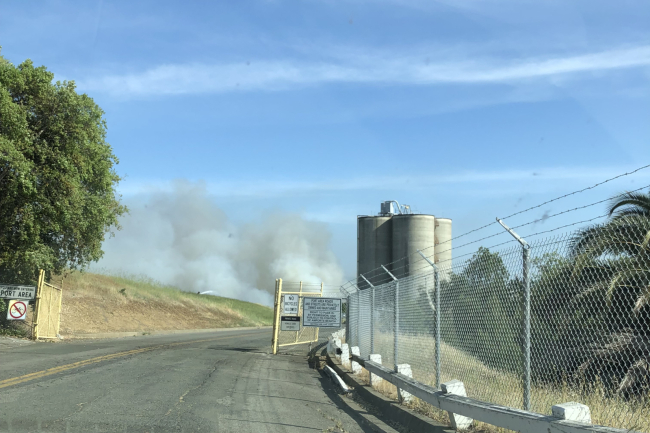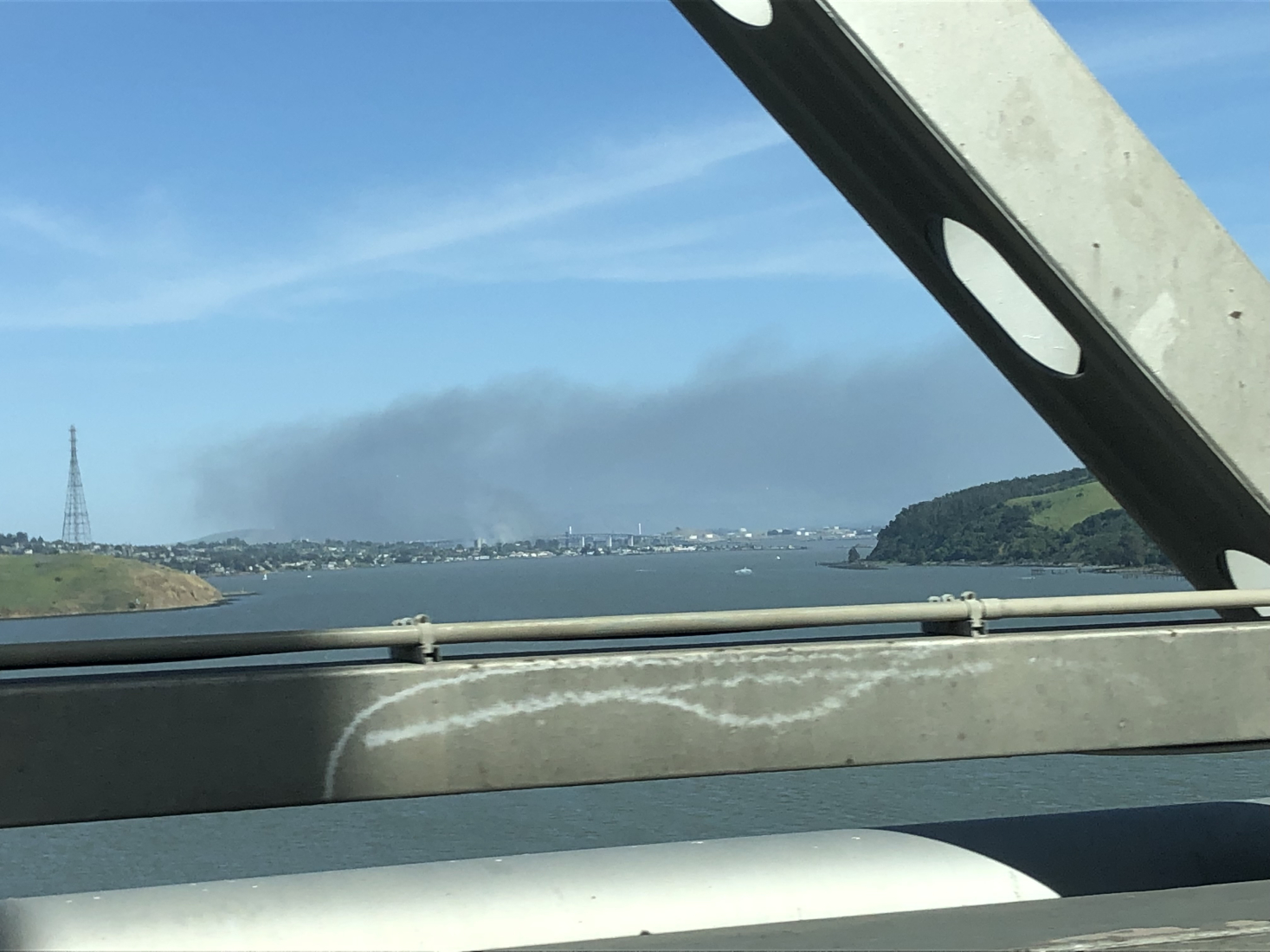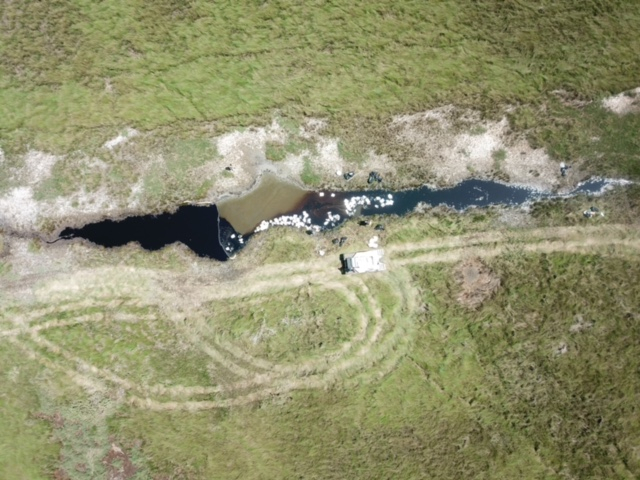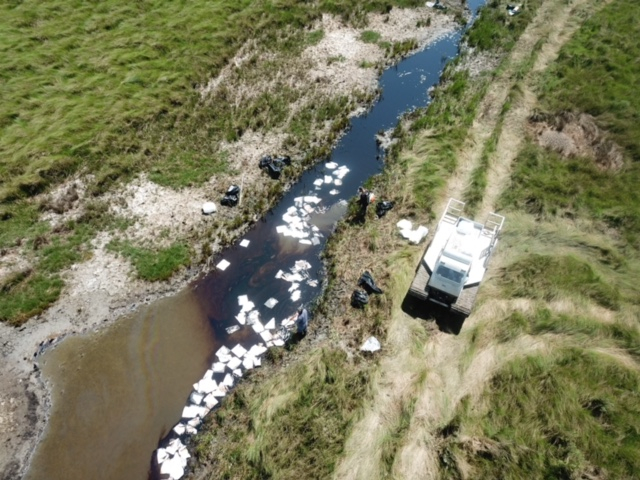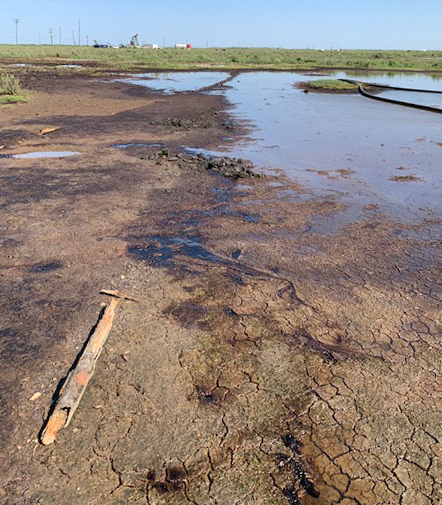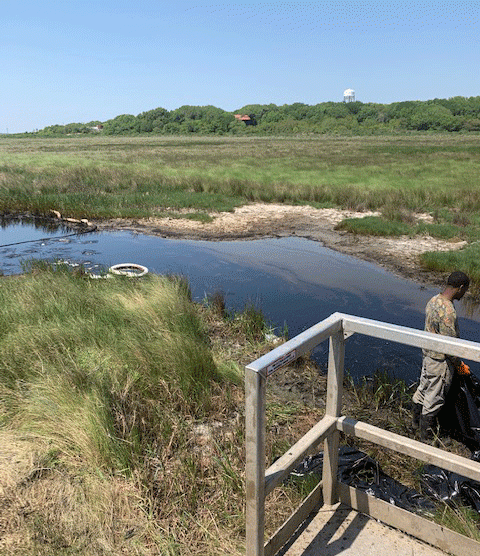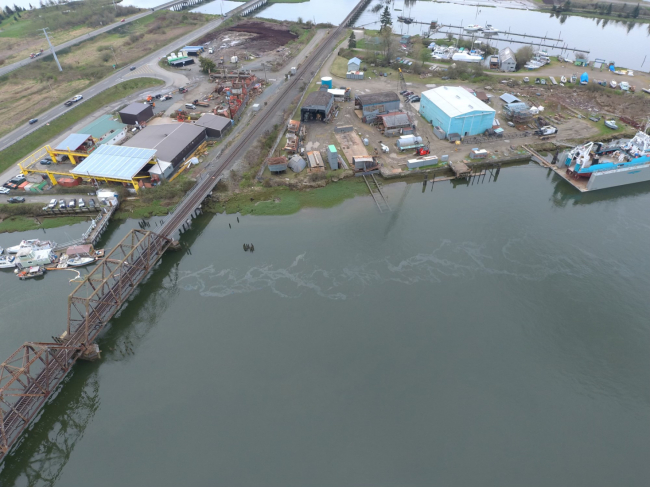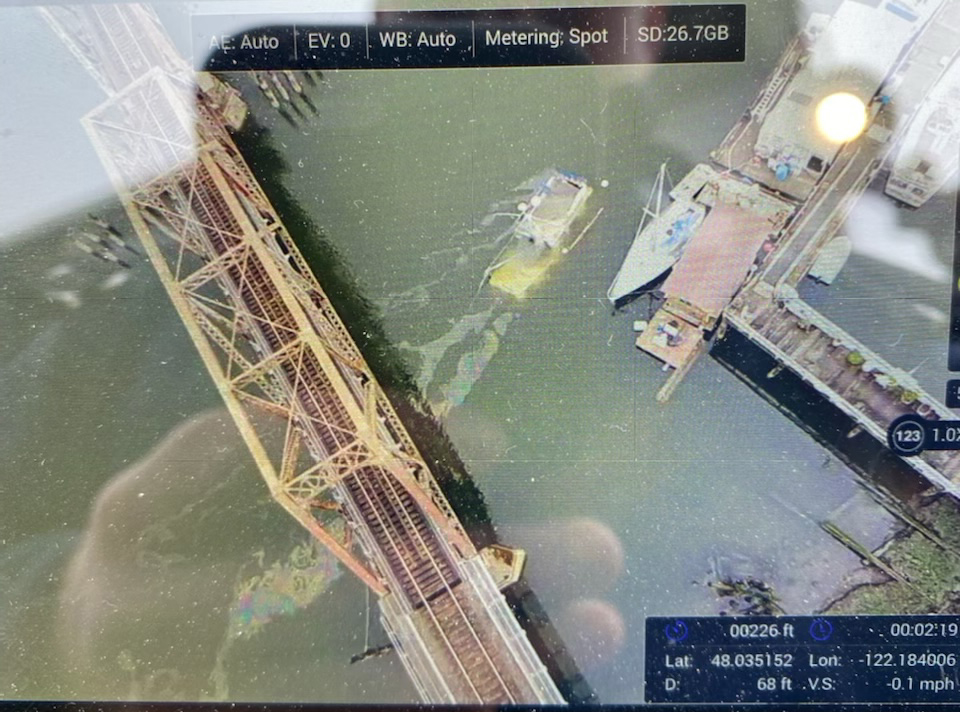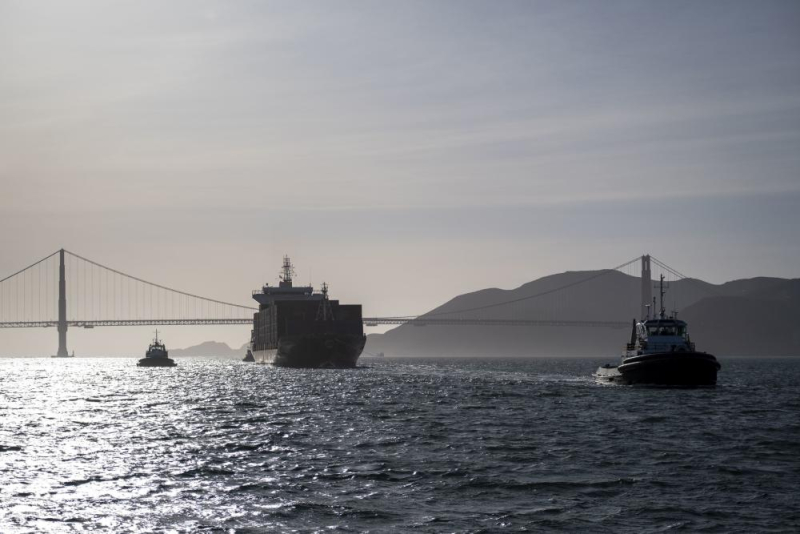
Every month OR&R’s Emergency Response Division provides scientific expertise and services to the U.S. Coast Guard on everything from running oil spill trajectories to model where the spill may spread, to identifying possible effects on wildlife and fisheries and estimates on how long the oil may stay in the environment. We also get requests to track and model other floating objects.
In April 2022, OR&R provided response support to 32 incidents, including 12 new incidents in eight states. The new incidents included eight actual or potential oil spills, two chemical spills, one facility fire, and one whale carcass. OR&R prepared 125 new incident reports, including four trajectory analyses. Cumulatively, these incidents posed the risk of almost 200,000 gallons of oils and chemicals. The volume numbers are approximate and based on initial information that may be updated in later investigations.
Here are some of April's notable incidents:
Petroleum Coke (“Pet Coke”) Fire at Shoreside Facility in Benicia, California
On April 9, the U.S. Coast Guard notified NOAA about an apparent petroleum coke (“pet coke”) fire at a shoreside facility in Benicia, California. The fire had reportedly started around 1:30 p.m. local time and was potentially threatening a nearby industrial pier where three large vessels were moored (i.e., tank ship, car carrier, and bulk cargo carrier).
The local fire department was engaged with the fire on-scene while the Coast Guard was in transit for improved situational information. As a precaution, the Coast Guard requested NOAA run a spot forecast and smoke plume model to better understand potential air hazards to responders and downwind populations. The fire was extinguished on April 10.
Sandpoint Texas LLC Marsh Discharge in High Island, Texas
On April 8, a well near High Island, Texas reportedly discharged eight gallons of sweet crude oil into a bermed marsh area after an equipment failure. The Coast Guard requested input from NOAA for marsh cleanup methods.
As of April 18, an estimated 80-90 barrels of oil-water mixture was recovered from ponds at the site, with some oil remaining in the ponds. Responders are also considering an in-situ burn or other method to remove the remaining oil. Responders continue to deploy sorbent materials and other recovery methods as applicable at the sites.
50-foot Vessel Sinks in Hawkes Marina, in Everett, Washington
On April 13, the U.S. Coast Guard notified NOAA that a 50-foot vessel sank in Hawkes Marina in Everett, Washington. The vessel was carrying an estimated 80 gallons of diesel on board at the time of the incident, with a maximum spill potential of 400 gallons. Responders at the scene noticed visible sheening on the water. The Coast Guard requested NOAA run a localized trajectory for any oil spilled, and complete a report on the resources at risk in the area.
Responders attempted to salvage the vessel using a crane barge, but the vessel was too deteriorated and was falling apart. The oil was defueled at the surface and re-boomed to prevent further impacts. No oil was observed on the shorelines.
Here is the complete list of April’s incidents, click on the links to find out more:
- Sunken Fishing Vessel, Grand Traverse Bay, Lake Michigan
- Gray Whale Carcass in San Francisco Bay, CA
- Oil Well Discharge into Marsh, High Island, Bolivar Peninsula, TX
- Container Ship Drifting in Heavy Weather off Point Reyes, CA
- Petroleum Coke (“Pet Coke”) Fire at Shoreside Facility, Benicia, CA
- Sandpoint Texas LLC Marsh Discharge; High Island, TX
- 50-foot Vessel Sunk in Hawkes Marina, Everett, WA
- Fire at Commercial Fueling Facility, Petroleum Product Flow into Storm Drain, Medford, OR
- Release of Liquid Ammonium Polyphosphate (Fertilizer) into Point Comfort Bay, TX
- Leak of Heating Fuel from Storage Tank into Secondary Containment, Savoonga, AK
- 45-Foot Fishing Vessel Sinking, Charleston, SC
- Release of Degreaser into Salmon Bay Ship Canal, Seattle, WA

